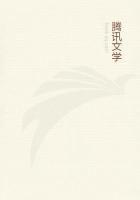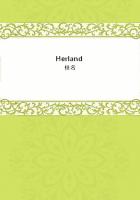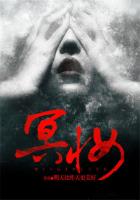"The first syren has gone. We hurry in single files from opposite ends of rouseabouts' and shearers' huts (as the paths happen to run to the shed) gulping hot tea or coffee from a pint-pot in one hand and biting at a junk of brownie in the other.
"Shed of forty hands. Shearers rush the pens and yank out sheep and throw them like demons; grip them with their knees, take up machines, jerk the strings; and with a rattling whirring roar the great machine-shed starts for the day.
"`Go it, you ---- tigers!' yells a tar-boy. `Wool away!' `Tar!' `Sheep Ho!'
We rush through with a whirring roar till breakfast time.
"We seize our tin plate from the pile, knife and fork from the candle-box, and crowd round the camp-oven to jab out lean chops, dry as chips, boiled in fat. Chops or curry-and-rice. There is some growling and cursing.
We slip into our places without removing our hats. There's no time to hunt for mislaid hats when the whistle goes. Row of hat brims, level, drawn over eyes, or thrust back -- according to characters or temperaments.
Thrust back denotes a lucky absence of brains, I fancy. Row of forks going up, or jabbing, or poised, loaded, waiting for last mouthful to be bolted.
"We pick up, sweep, tar, sew wounds, catch sheep that break from the pens, jump down and pick up those that can't rise at the bottom of the shoots, `bring-my-combs-from-the-grinder-will-yer,' laugh at dirty jokes, and swear -- and, in short, are the `will-yer' slaves, body and soul, of seven, six, five, or four shearers, according to the distance from the rolling tables.
"The shearer on the board at the shed is a demon. He gets so much a hundred; we, 25s. a week. He is not supposed, by the rules of the shed, the Union, and humanity, to take a sheep out of the pen AFTER the bell goes (smoke-ho, meals, or knock-off), but his watch is hanging on the post, and he times himself to get so many sheep out of the pen BEFORE the bell goes, and ONE MORE -- the `bell-sheep' -- as it is ringing.
We have to take the last fleece to the table and leave our board clean.
We go through the day of eight hours in runs of about an hour and 20 minutes between smoke-ho's -- from 6 to 6. If the shearers shore 200 instead of 100, they'd get 2 Pounds a day instead of 1 Pound, and we'd have twice as much work to do for our 25s. per week. But the shearers are racing each other for tallies. And it's no use kicking. There is no God here and no Unionism (though we all have tickets). But what am I growling about?
I've worked from 6 to 6 with no smoke-ho's for half the wages, and food we wouldn't give the sheep-ho dog. It's the bush growl, born of heat, flies, and dust. I'd growl now if I had a thousand a year.
We MUST growl, swear, and some of us drink to d.t.'s, or go mad sober.
"Pants and shirts stiff with grease as though a couple of pounds of soft black putty were spread on with a painter's knife.
"No, gentle bard! -- we don't sing at our work. Over the whirr and roar and hum all day long, and with iteration that is childish and irritating to the intelligent greenhand, float unthinkable adjectives and adverbs, addressed to jumbucks, jackaroos, and mates indiscriminately. And worse words for the boss over the board -- behind his back.
"I came of a Good Christian Family -- perhaps that's why I went to the Devil.
When I came out here I'd shrink from the man who used foul language.
In a short time I used it with the worst. I couldn't help it.
"That's the way of it. If I went back to a woman's country again I wouldn't swear. I'd forget this as I would a nightmare.
That's the way of it. There's something of the larrikin about us.
We don't exist individually. Off the board, away from the shed (and each other) we are quiet -- even gentle.

